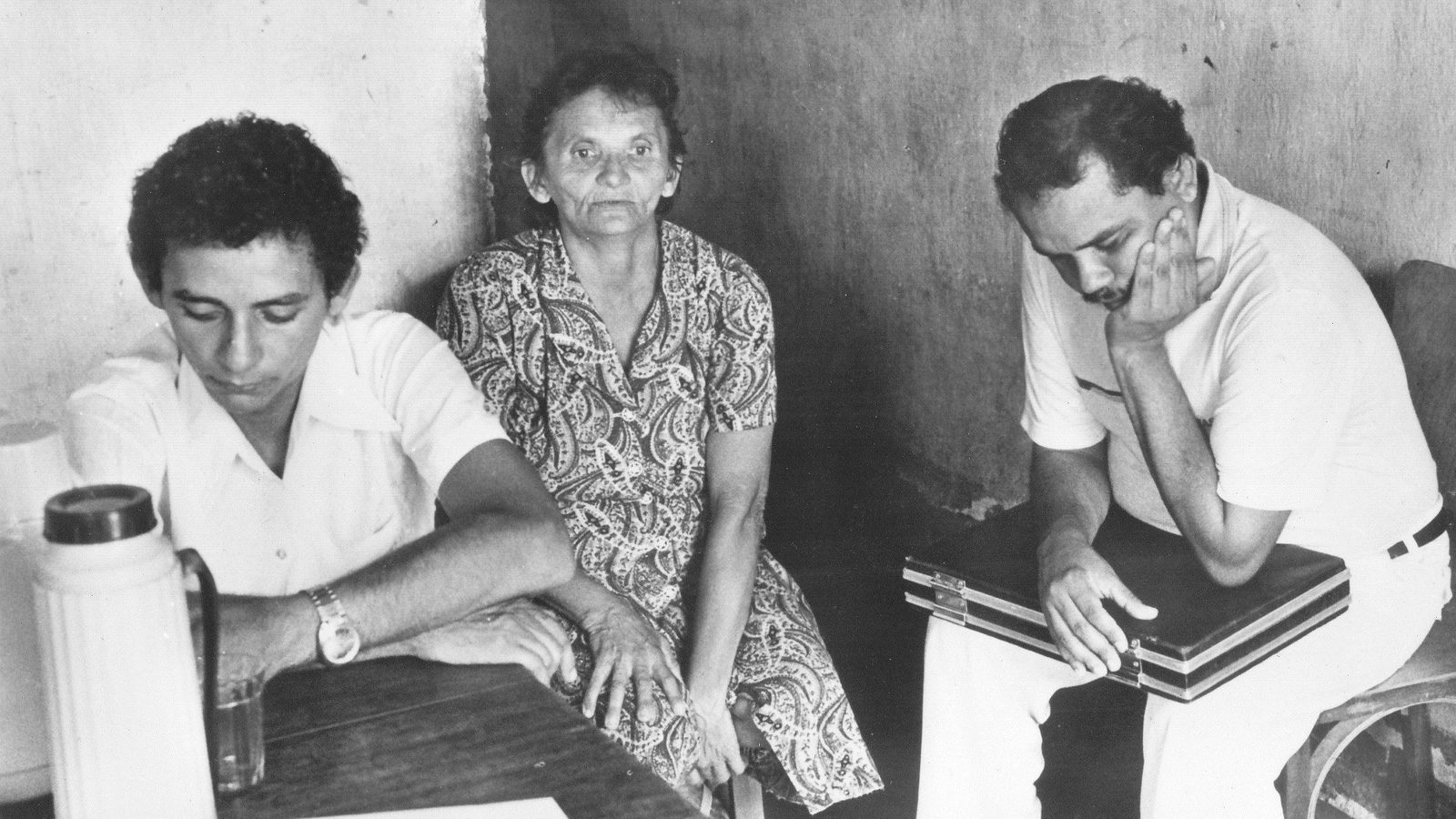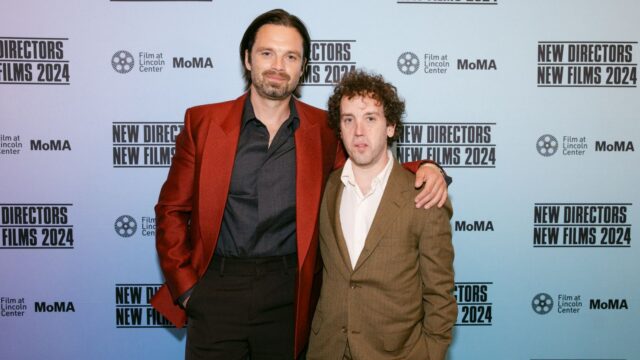Twenty Years Later - Cabra Marcado Para Morrer
Introduction by Kleber Mendonça Filho and Juliano Dornelles
In 1964, Eduardo Coutinho was at work on a film about João Pedro Teixeira, who was murdered by the police as a result of his efforts to organize farm workers in northeast Brazil. The director cast non-actors in the production, including Teixeira’s widow, who plays herself, but shooting was cut short in the wake of the military coup that same year; footage was seized, a number of participants imprisoned. The project was resumed 20 years later, as the country was transitioning to a democracy, but had begun to take a rather different shape: Coutinho incorporated the earlier material as well new interviews with those originally involved and reflections on the injustices of the interval, yielding a prismatically reflexive, genre-defying essay on political commitment and life under dictatorship.
“The Teixeira family was destroyed by political violence. It’s a film that morphed into another through 20 years of Brazilian history; a work of cinema that haunts me since I first saw it in the ’80s, Coutinho shot about 100 miles from where I was born and live. I never really miss an opportunity to screen Cabra Marcado, in Brazil or abroad. I always thought Neighboring Sounds was the one film I made that is a direct reaction to Eduardo Coutinho’s masterwork. During Bacurau I realized it just keeps coming back. Viva João Pedro and Elizabete Teixeira.” —Kleber Mendonça Filho
“In Twenty Years Later, the lower-class people, usually represented as unknown and unnamed, have not only their full names but also their history and complexity. It’s a film that is so accurate in portraying Brazil’s historical class conflicts that it can be seen as a common story of the present day (including a lot of fake news spread in those old newspapers). João Pedro, Elizabete, and their kids could easily be Bacurau villagers. And I believe they are.” —Juliano Dornelles







